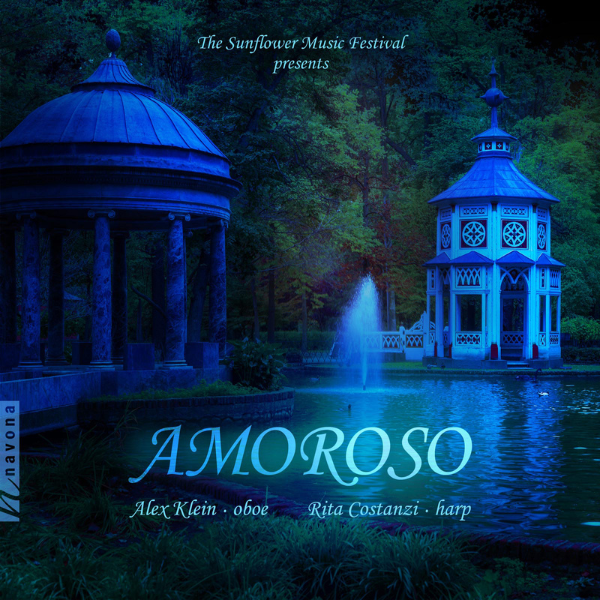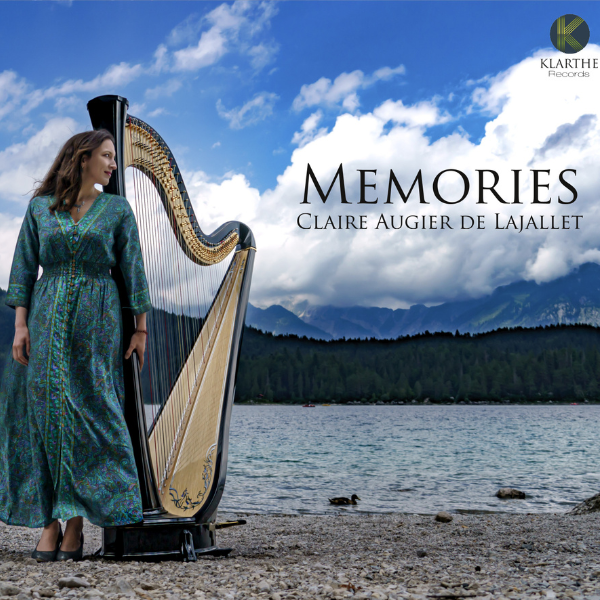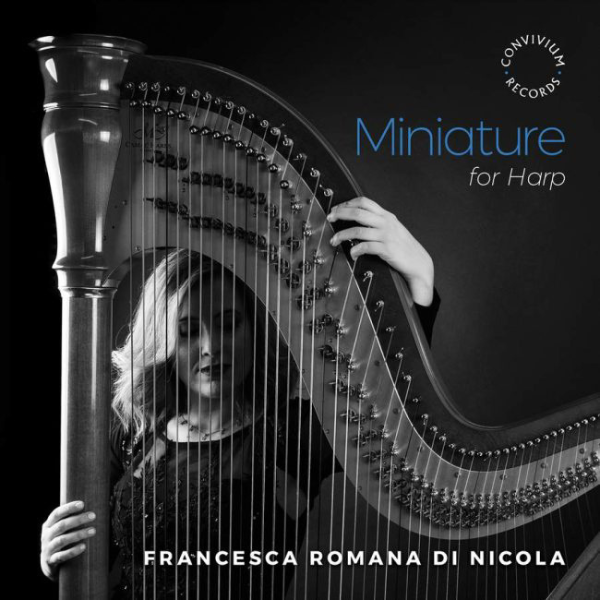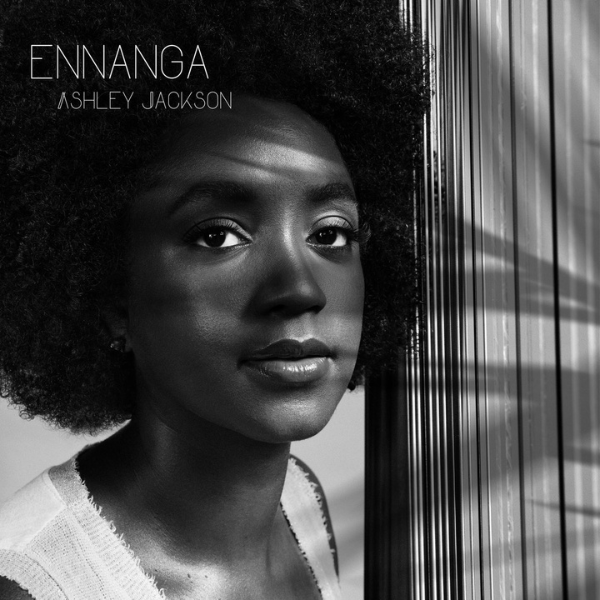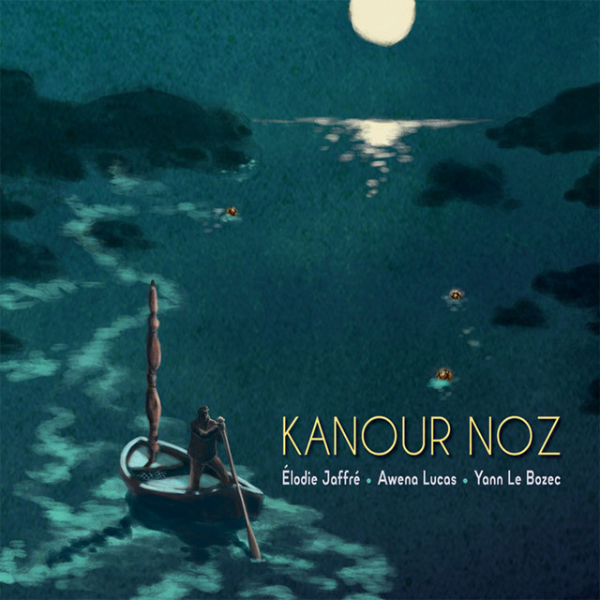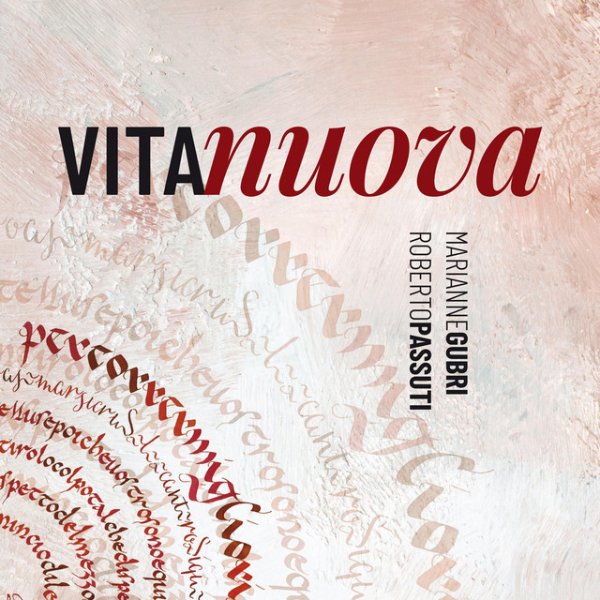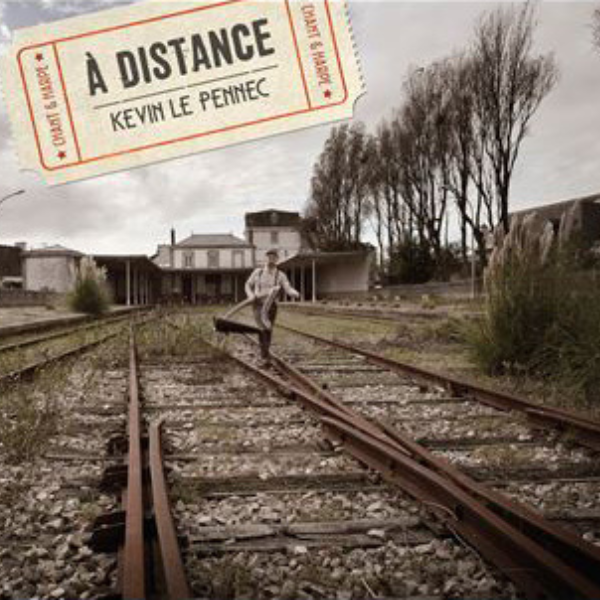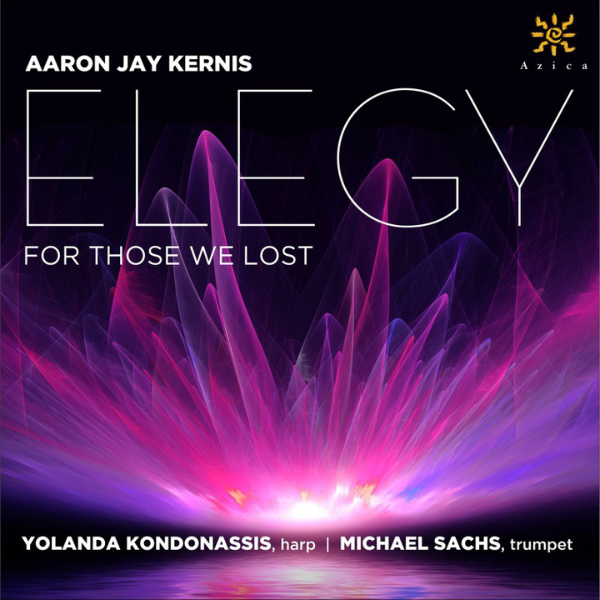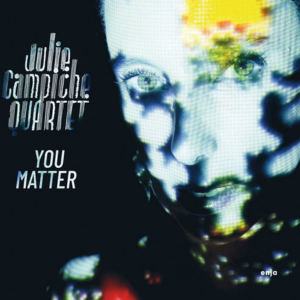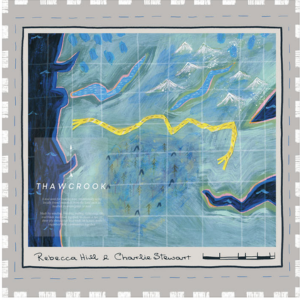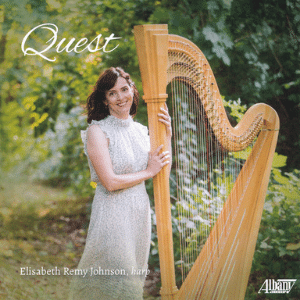
9/10
Elisabeth Remy Johnson, harp. Albany Records, 2021.
It has long been a passion of American harpist Elisabeth Remy Johnson to promote more gender-balanced compositions for harp. Starting with a project called “The Even-ing Standard,” she later founded The Merian Ensemble along with fellow Atlanta Symphony Orchestra colleagues dedicated to spotlighting works by women and to “create demand for more.” Their first commission from Clarice Assad was premiered earlier this year. In her newest solo CD, Quest, she brings it all together with transcribed works by 12 women.
For many of us on the stage or behind the microphone, “music by women composers” can often feel like it’s only for special occasions or sprinkled around more substantial pieces by men, oftentimes their husbands (Clara Schumann) or brothers (Fanny Mendelssohn). Remy Johnson points out that even in musical dictionaries, these women’s passion and success in the face of societal pressure seemed not to hinder their progress at all, and only contributes to their strength as artists.
The album begins with the title track, Quest, by Iranian-American Niloufar Nourbakhsh. A gentle rocking rhythm soon introduces dissonances that reflect the composer’s own quest to pursue composition as a woman and whether it’s worth it. Hard not to understand with a history—or her-story—that left many composers on this album, including Cécile Chaminade, who was praised as “not a woman composer but a composer-woman!” wanting to be respected for their craft and as an equal to men.
The life of Amy Beach follows similar lines, with her parents suspending opportunities that might have ushered in a brilliant performing career. She was deeply affected by nature’s sounds, and in A Hermit Thrush at Morn, Remy Johnson evokes its mysterious call in trills and a shadowy tone as if obscured by leaves. Unknown to me is composer Mel Bonis, a French artist living in Paris during the early years of the 20th century. Cinq Morceaux, arranged from the piano, breathe more freely when given the depth of space of the harp, each short phrase, an exultation.
D’un vieux jardin was written by Lili Boulanger at the Villa Medici during her year in Italy as a winner of the Prix de Rome. In this study in chromaticism and unexpected harmonies, Remy Johnson allows the dynamic range to punctuate these moments much as Boulanger did in advocating for herself as a female composer in a man’s world. Otherworldly is Kati Agócs’s John Riley, a kind of bluegrass for the harp based on an Appalachian folk tune, played with a dreamy sense of longing.
Two more glorious additions to the repertory are also by living composers, including Pavan by British composer Sally Beamish, an elegant and stately ballet solo from Shakespeare’s “The Tempest” for the goddess who represents air and sky, birdsong, zephyrs and rain. Johanna Selleck’s Spindrift has a double meaning, both the spray blown from atop cresting waves and “the white goddess,” Leukothea, who saved Odysseus from drowning with her magic veil.
This is an important collection of new and reimagined works that’s exquisitely played and I highly recommend a listen.






